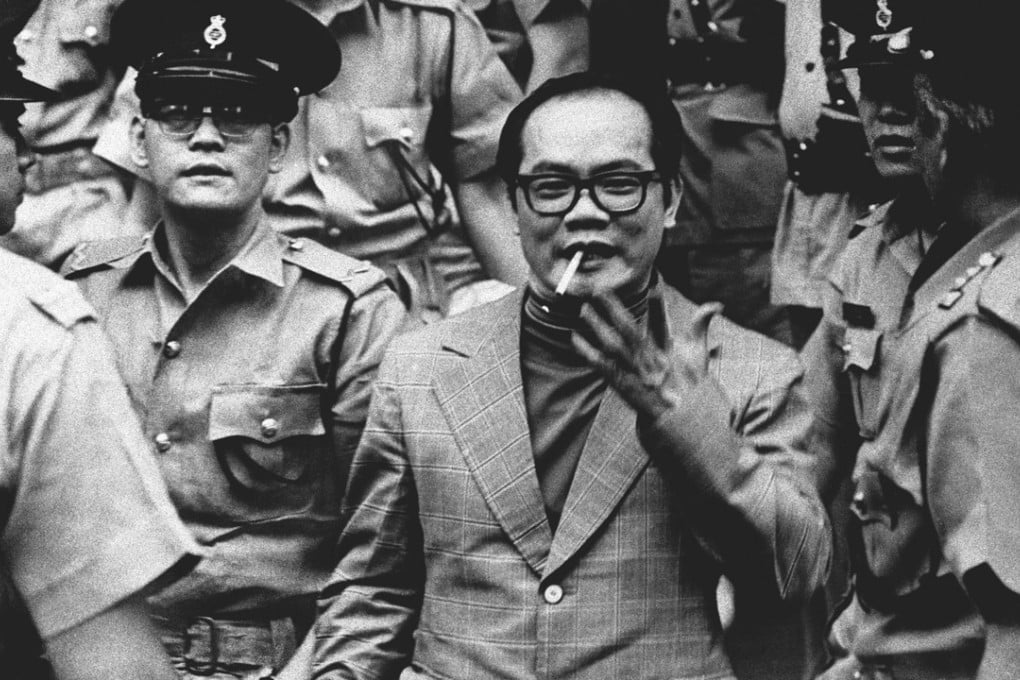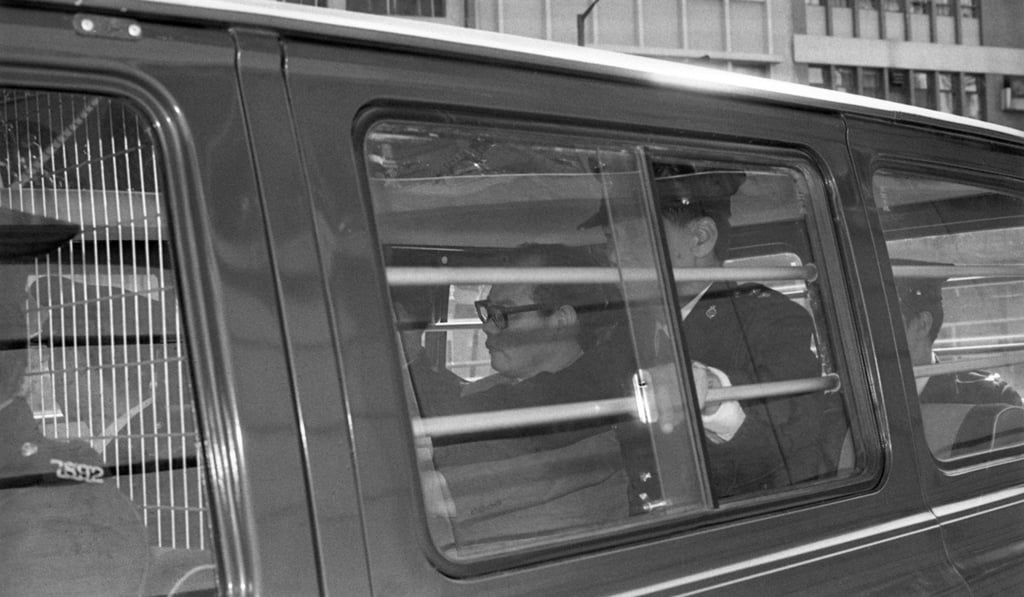When Hong Kong’s most notorious drug lord Limpy Ho, ‘the biggest Mr Big’, was caught
Played by Donnie Yen in the 2017 film Chasing the Dragon, Ng Sik-ho, aka Limpy Ho, commanded a narcotics empire that spanned continents

“Police seize Mr Big drugs suspect,” ran a South China Morning Post headline on November 13, 1974. “Narcotics Bureau detectives yesterday claimed to have arrested [Ng Sik-ho] the biggest ‘Mr Big’ in the Colony’s deadly drugs trade,” the report continued.
Nicknamed “Limpy Ho” for an injury sustained in a street fight, Hong Kong’s most notorious drug baron has since provided inspiration for the filmTo Be Number One (1991) and its 2017 remake, Chasing the Dragon, starring Donnie Yen Ji-dan as Ng.
“The tentacles of the drug king’s empire are believed to stretch from Hongkong and Macau, to Thailand, Taiwan, Singapore, Britain and America,” the story went on. “His ring handled narcotics worth millions of dollars a month.”
Narcotics Bureau chief John Rumbelow described the arrest as “the greatest stride we have made for years”.
On November 22, the Post reported that police had evidence showing “Ng Sik-ho had sent over HK$32.6 million to Thailand in payments for drugs that were to be sold [in Hong Kong] at 10 to 15 times the purchase price.”

An unprecedented crackdown on Hong Kong drug syndicates followed.